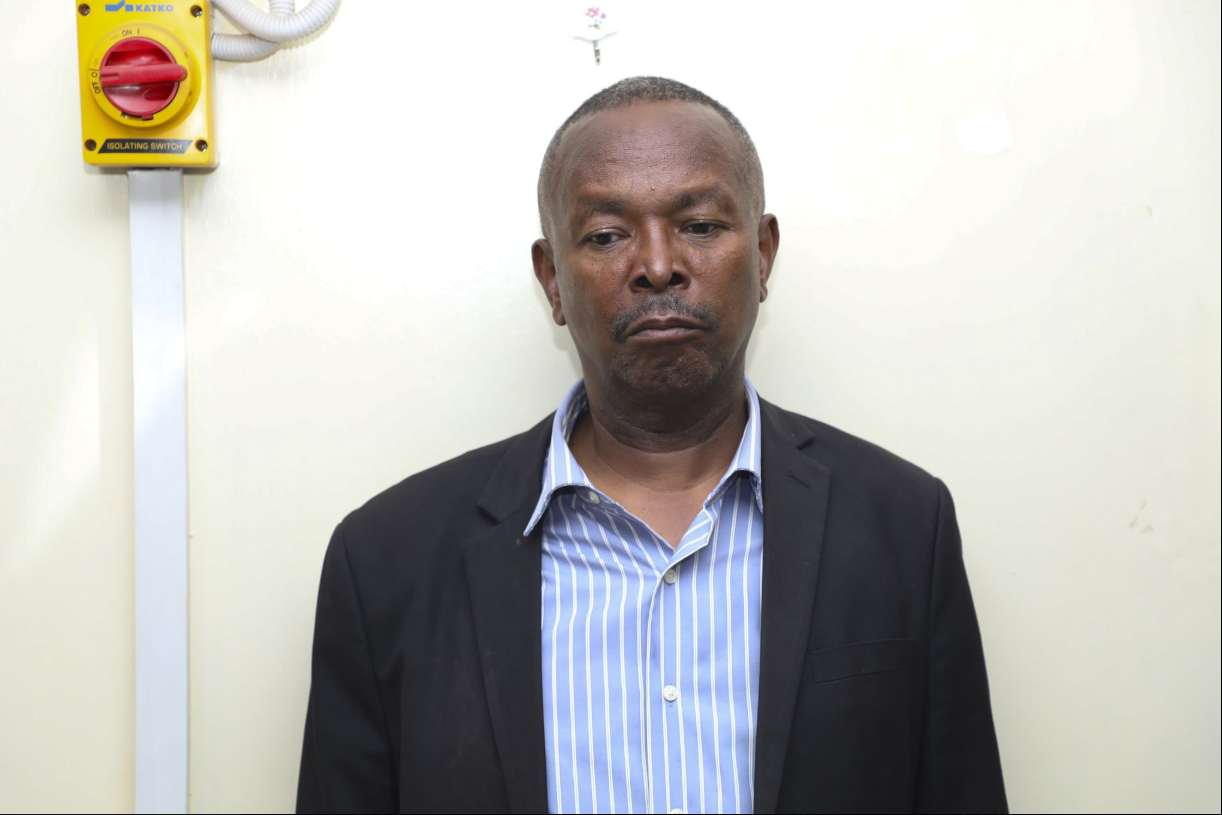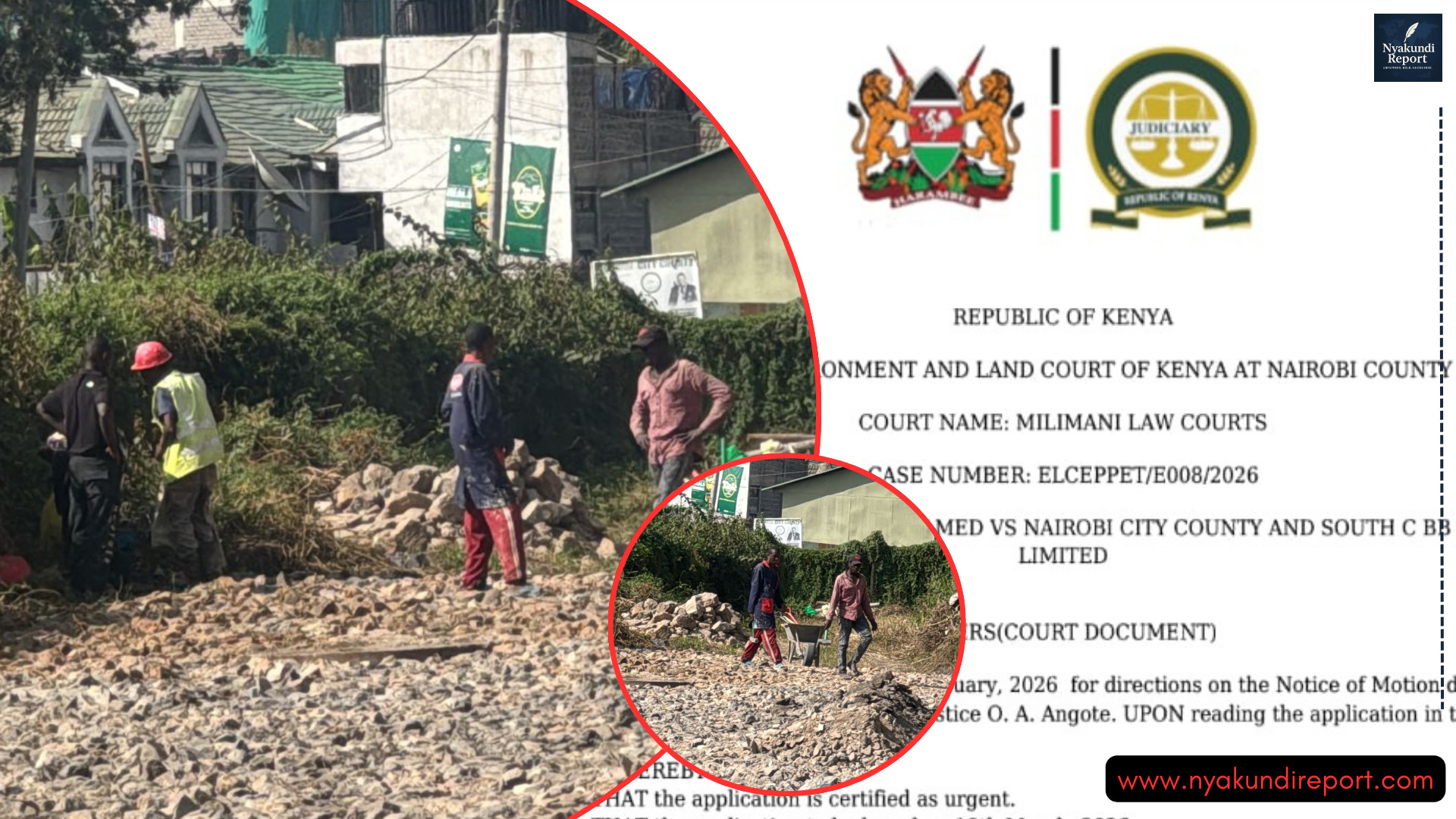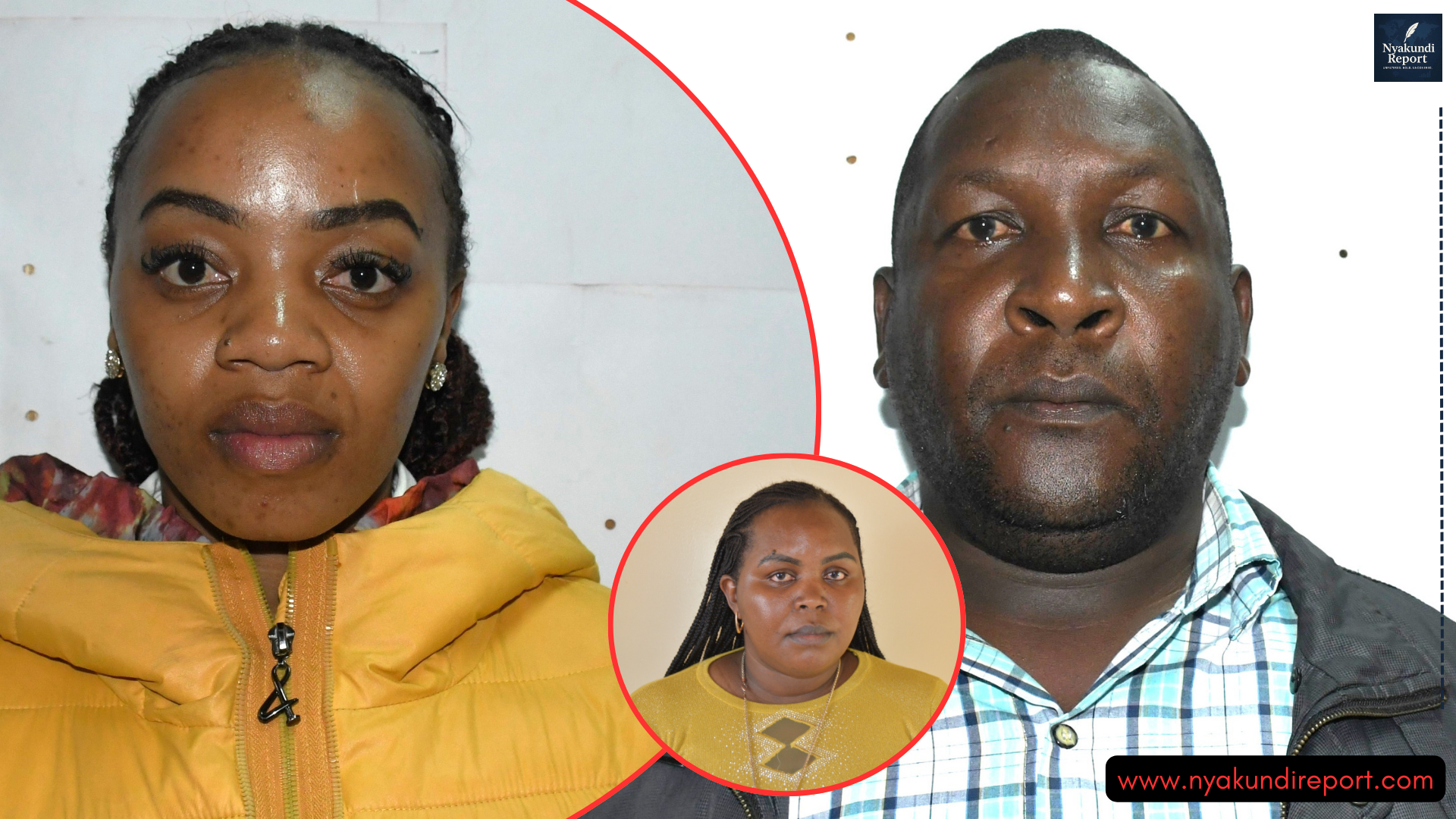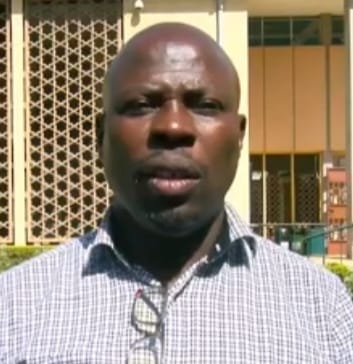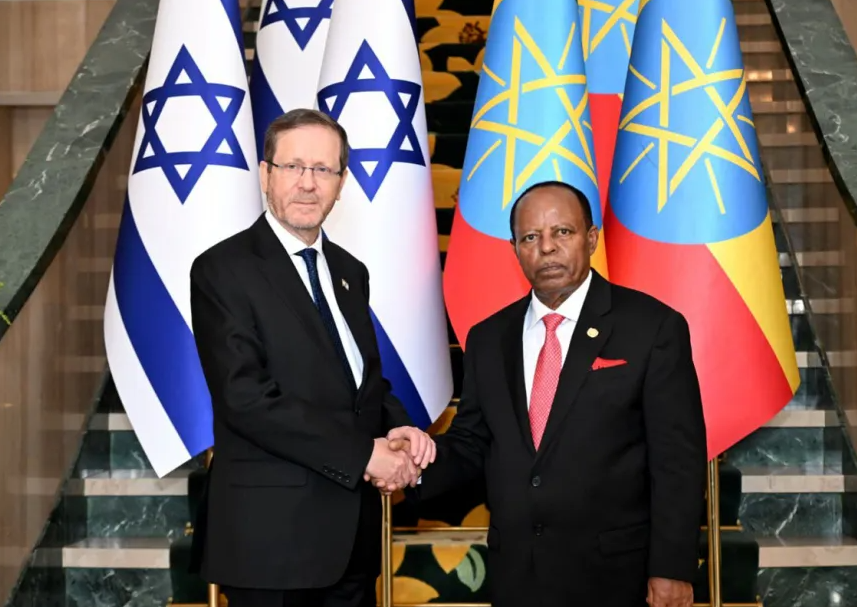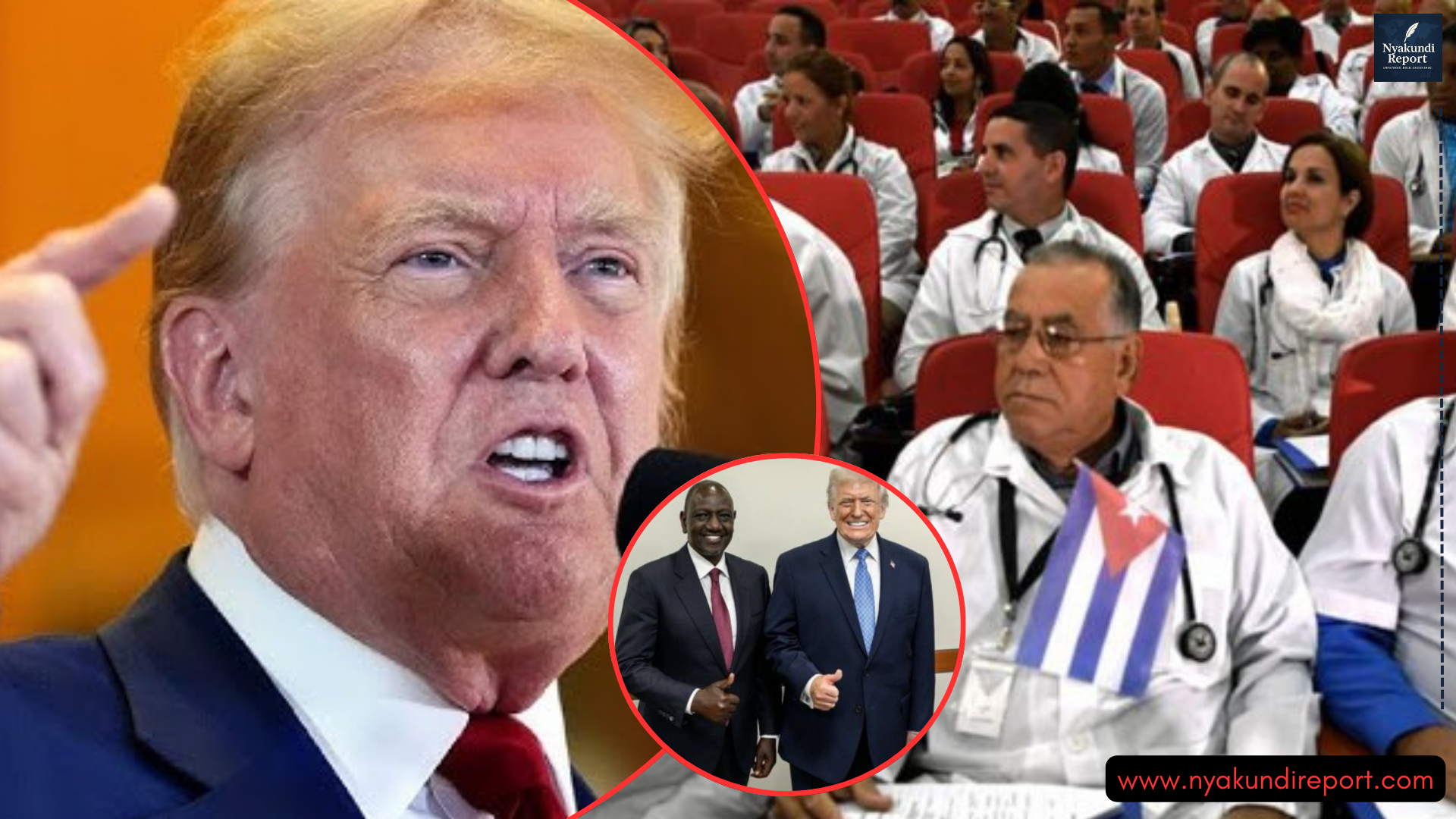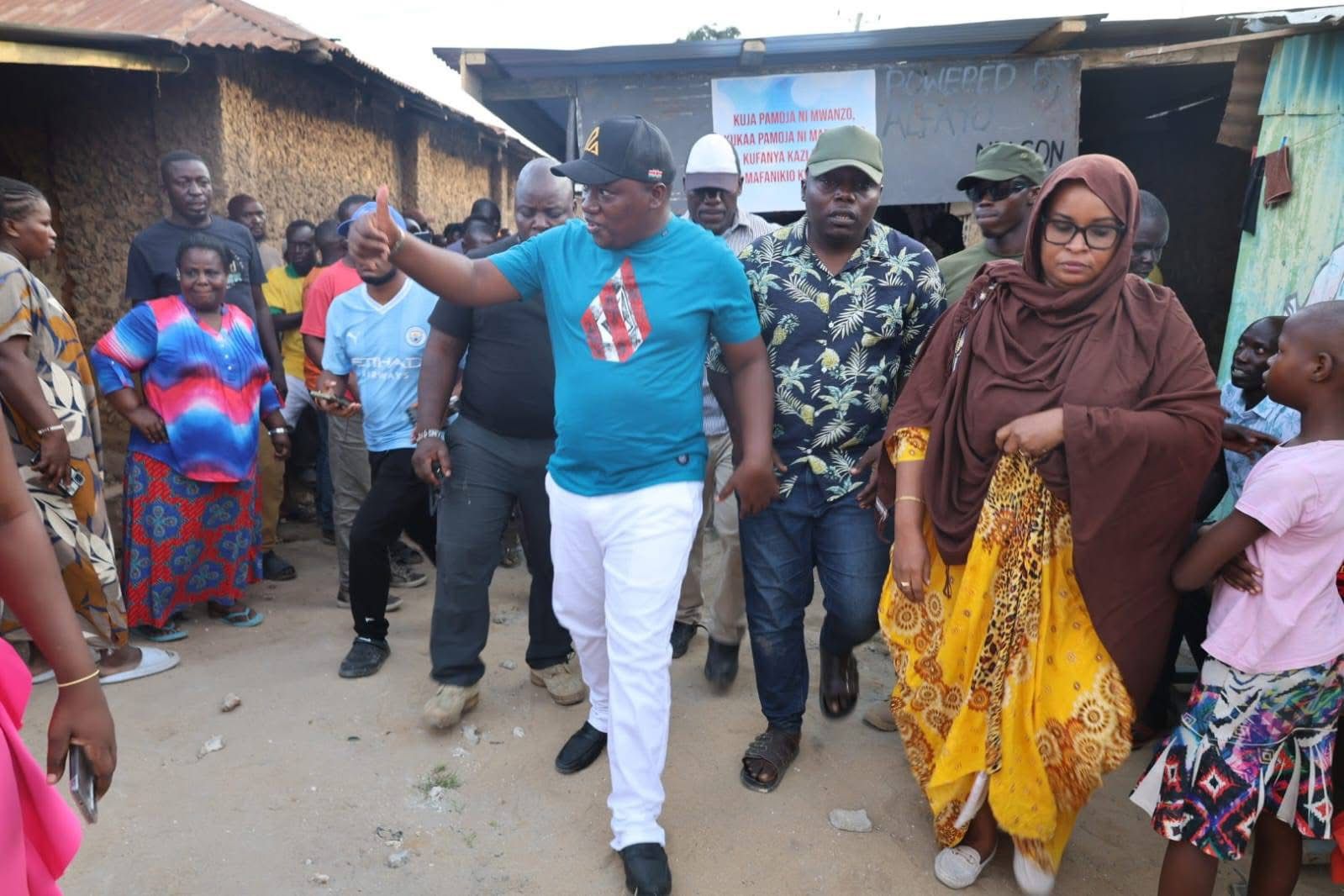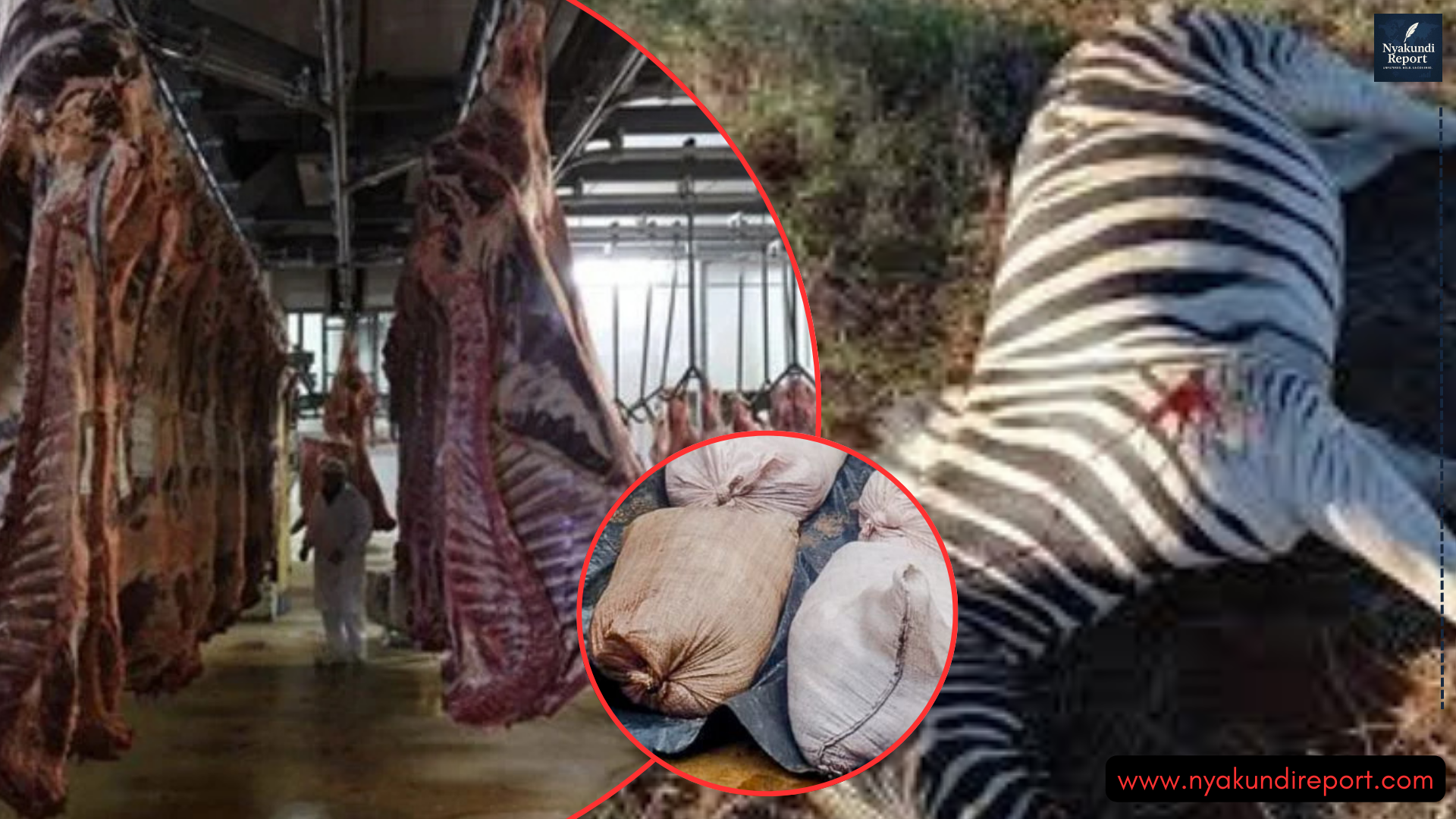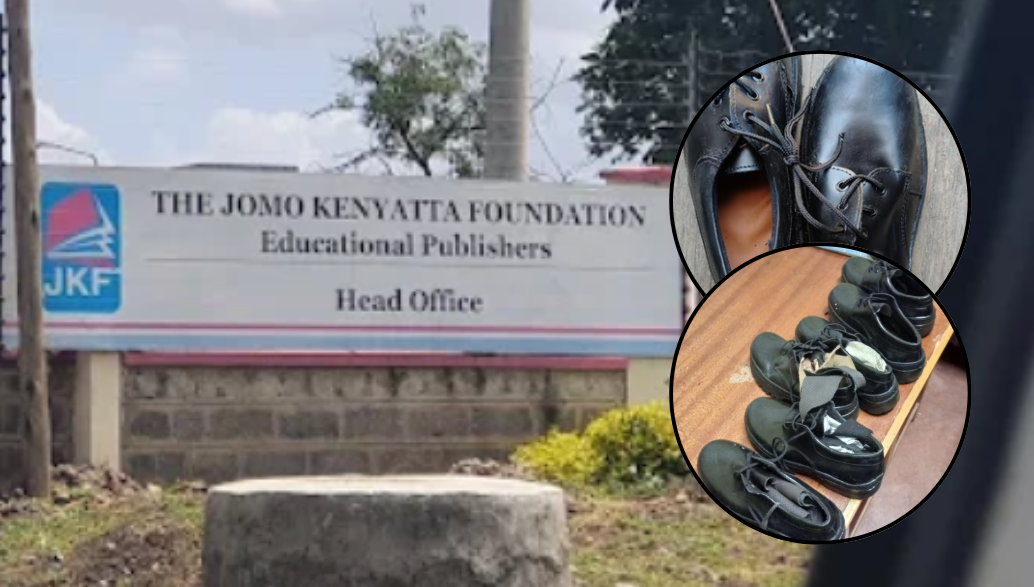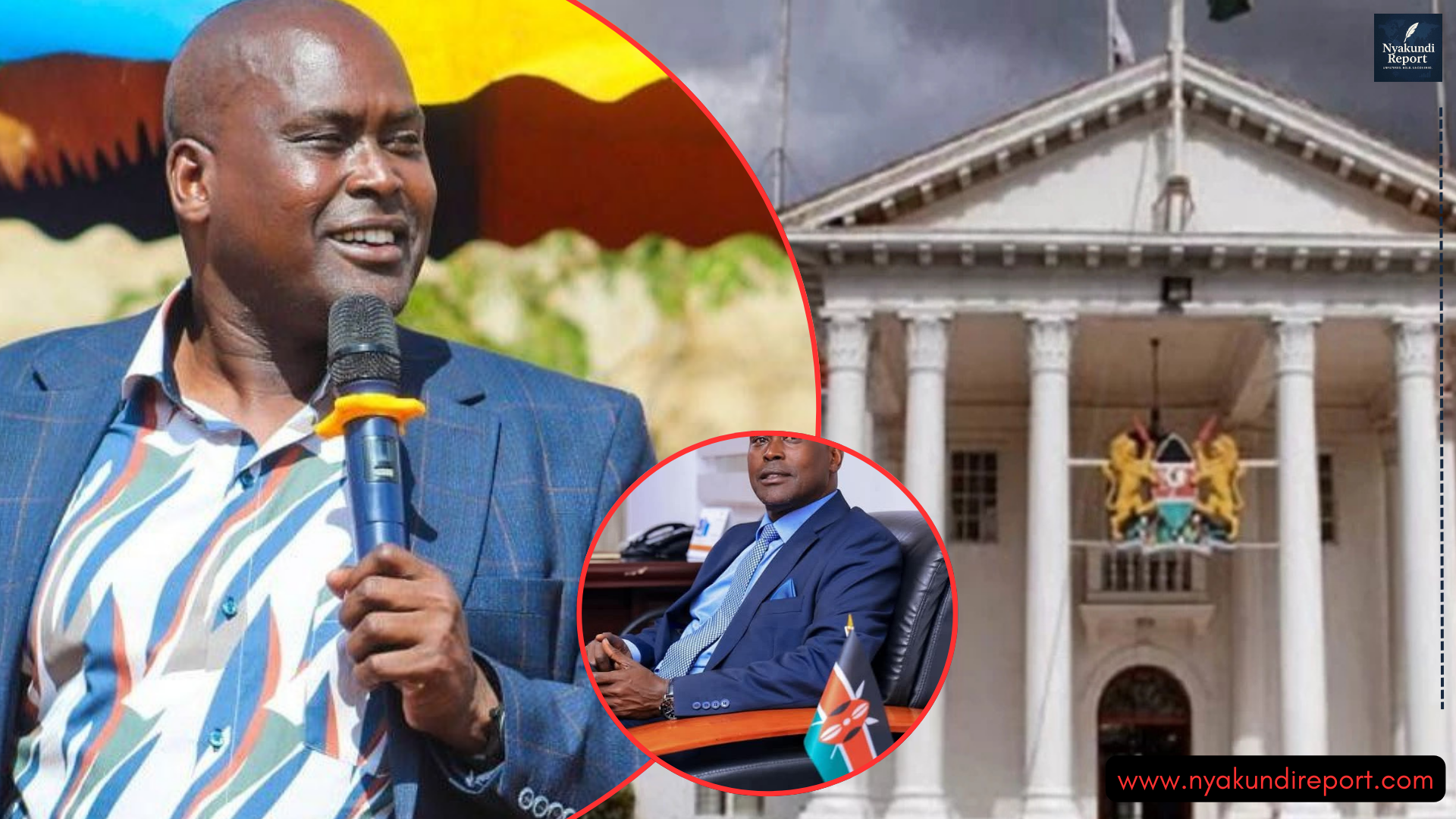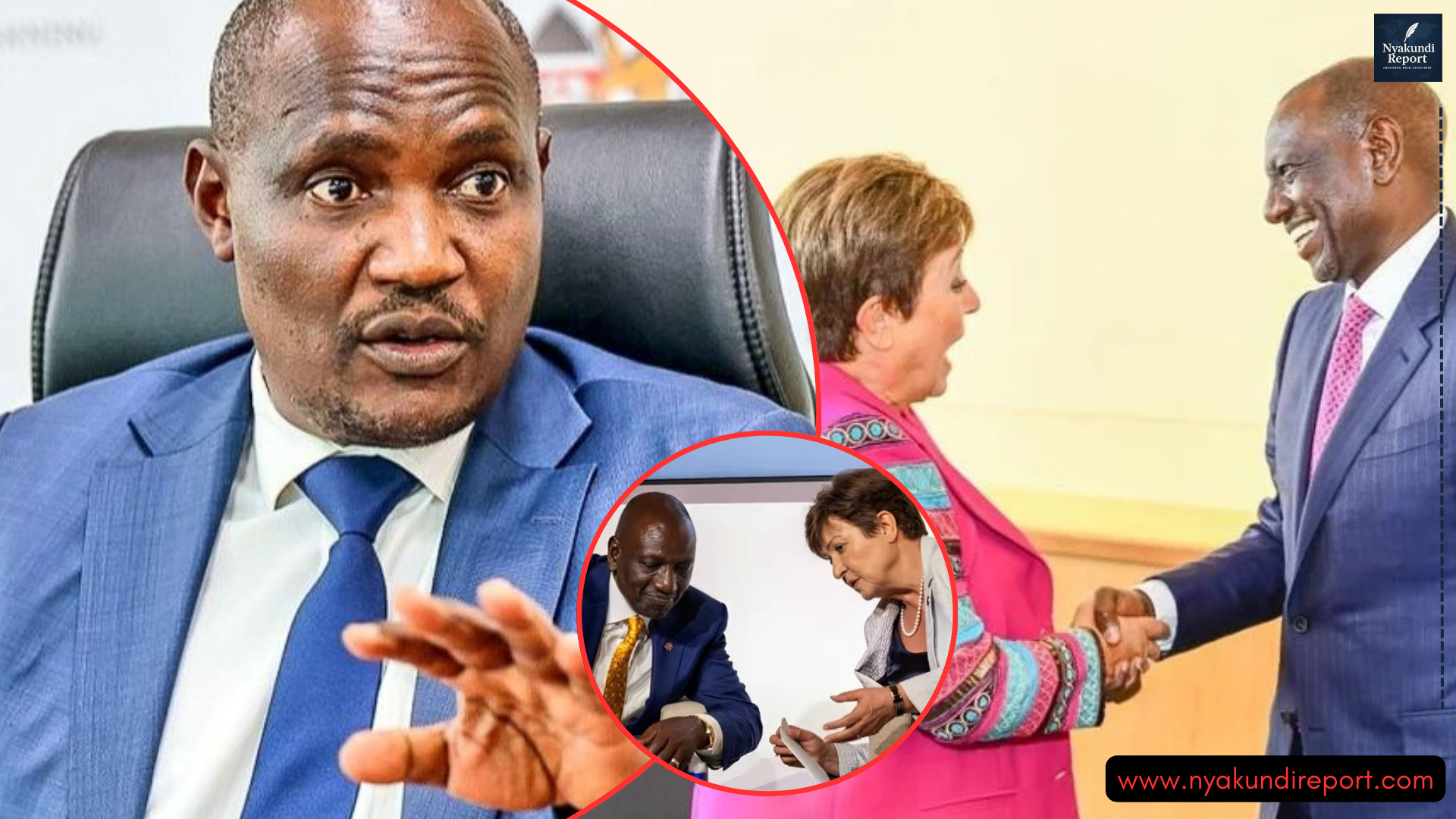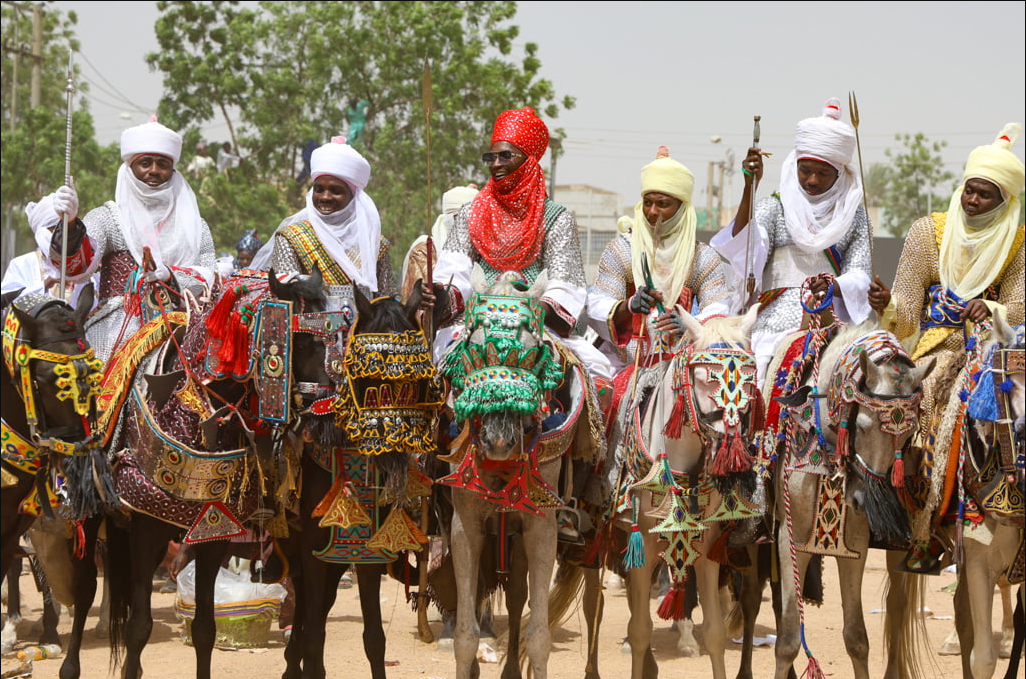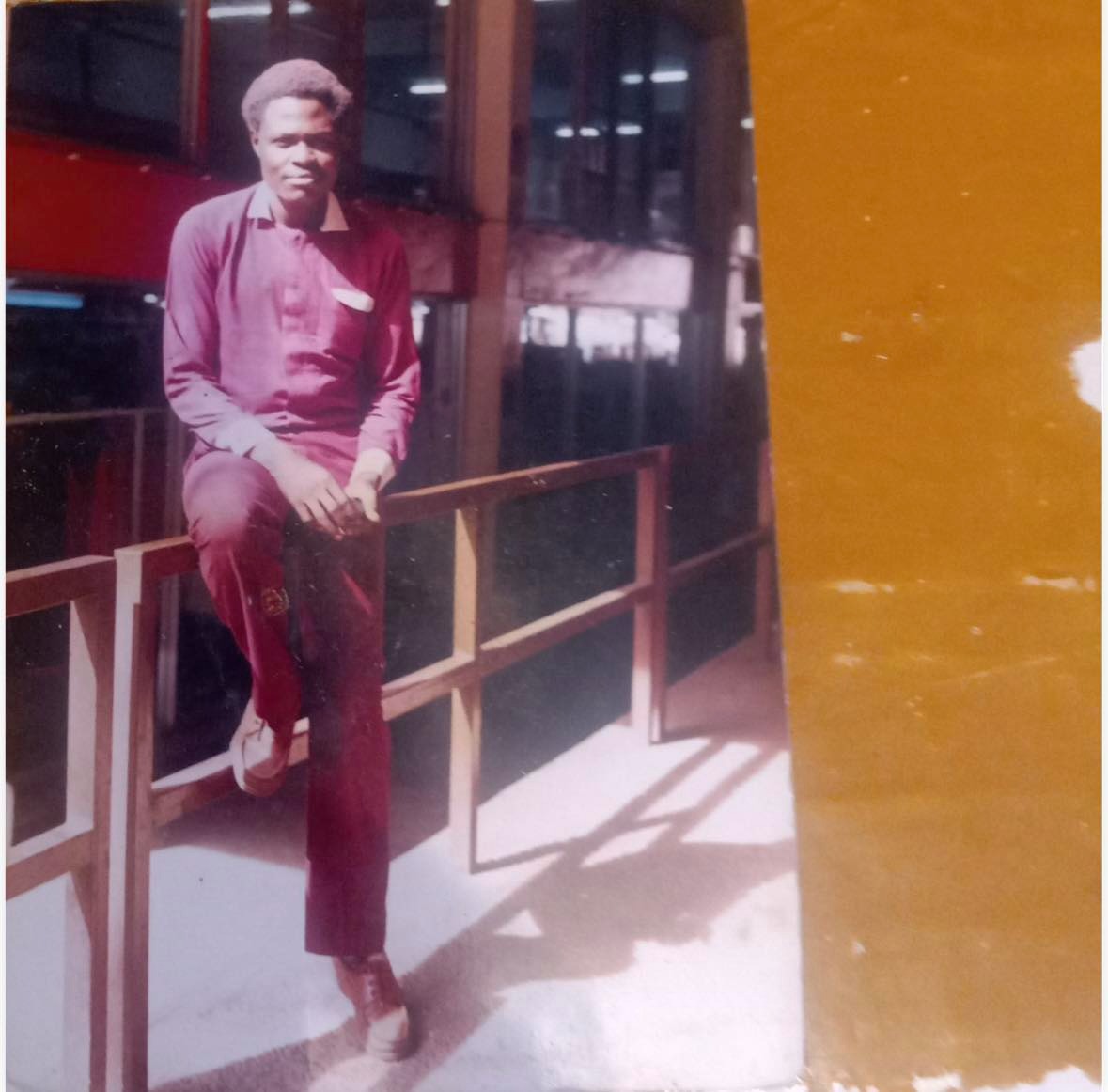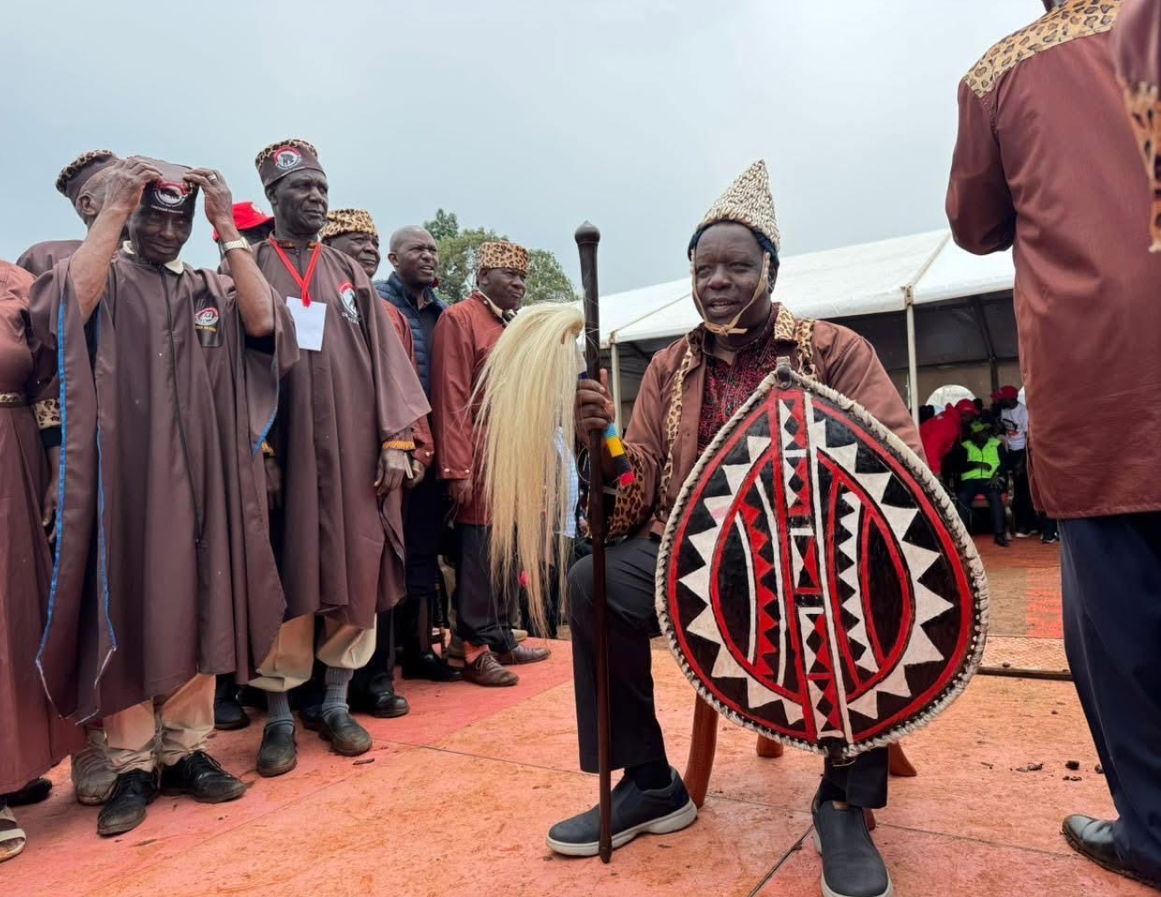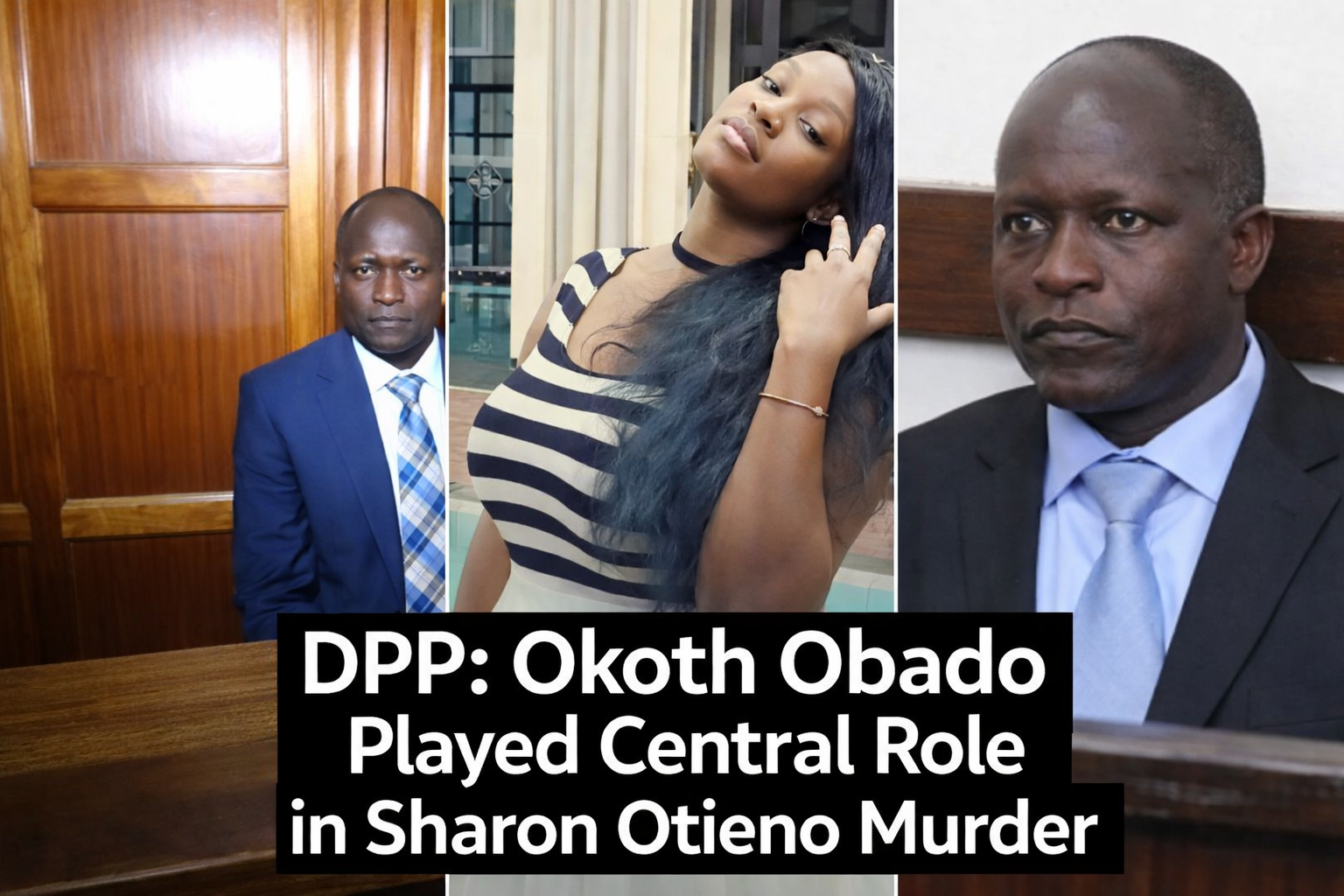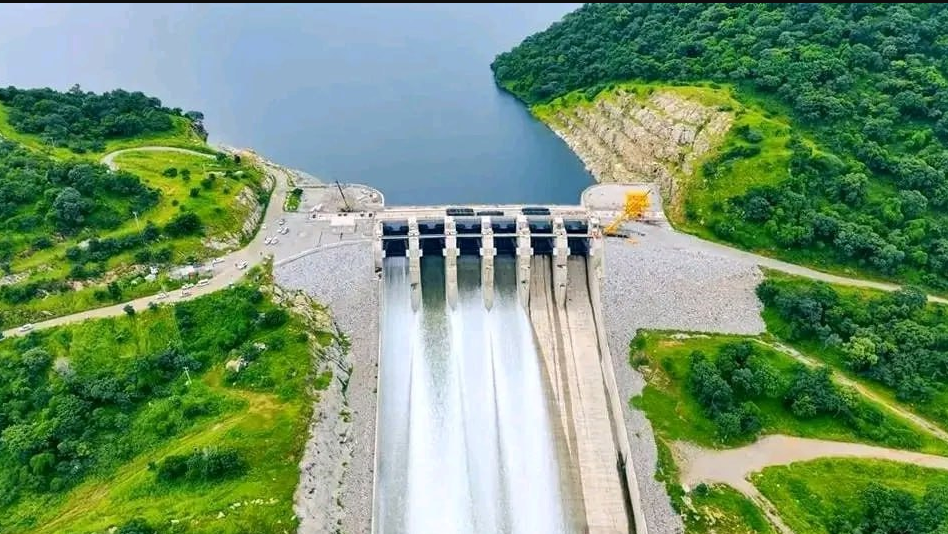On Easter Monday, April 21, 2025, the world mourned the death of Pope Francis.
Who was the 266th pontiff of the Roman Catholic Church, who passed away peacefully at the age of 88 in Vatican City.
Pope Francis, born Jorge Mario Bergoglio in Buenos Aires, Argentina, was the first Jesuit, the first Latin American, and the first non-European pope in over 1,200 years.
Indeed, he leaves behind a transformative legacy of humility, reform, and relentless advocacy for the marginalized.
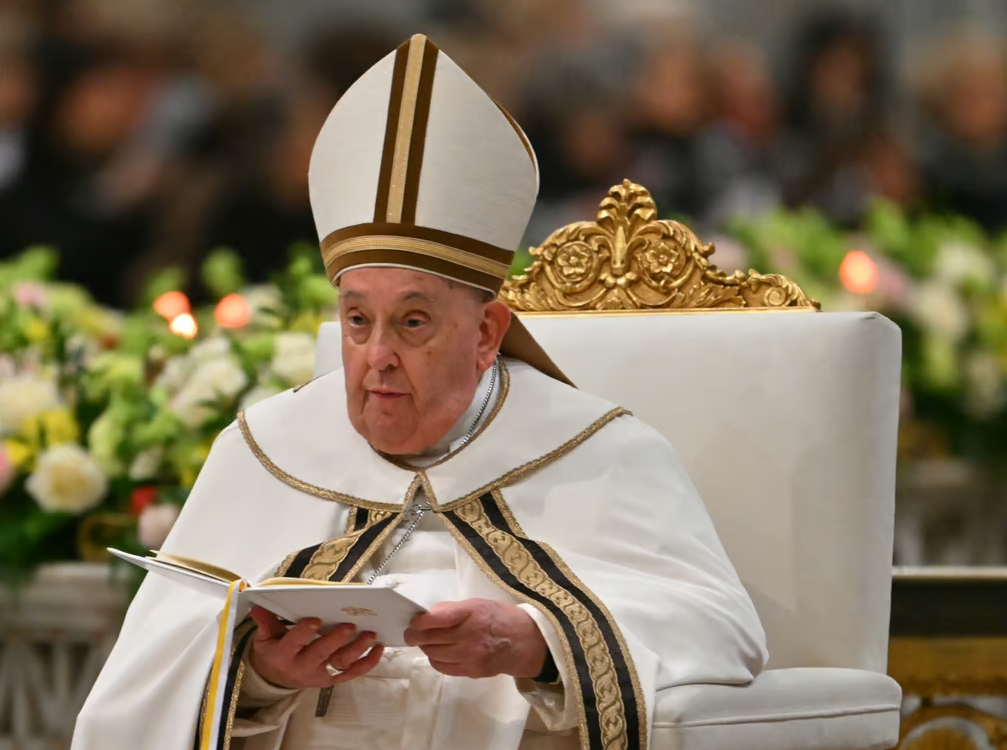
A Historic Papacy Begins
Elected on March 13, 2013, after the resignation of Pope Benedict XVI, Francis became a symbol of hope and change within a centuries-old institution.
He chose the name “Francis,” inspired by St. Francis of Assisi.
Who was a champion of the poor and the environment—it was clear his papacy would be different.
Wearing simple white robes and paying his own hotel bill after his election, he set the tone for a pontificate grounded in humility and service.
His leadership focused on connecting with everyday people, touching lives from slums in South America to war zones in Africa and refugee camps in Europe.
The People’s Pope
Pope Francis challenged traditional norms, often pushing the Church toward a more inclusive and empathetic approach.
He opened dialogue on issues such as:
- LGBTQ+ inclusion, saying “Who am I to judge?”
- Interfaith tolerance and building bridges with Muslims and Jews
- Condemning global inequality and calling for “an economy that serves people, not profits”
- Speaking boldly on climate change in his landmark encyclical Laudato Si’
- Reforming the Vatican bureaucracy and addressing clergy sexual abuse scandals head-on
He became widely known not only for his spiritual leadership but also as a global humanitarian, advocating for peace, dignity, and justice across borders.
Health Decline and Final Moments
In his final years, Pope Francis faced several health challenges, including respiratory issues and limited mobility.
Yet, he continued to perform his duties with grace, appearing for Easter Mass on April 20, 2025, just one day before his passing.
According to Vatican officials, Pope Francis passed away peacefully in the early hours of Easter Monday at Casa Santa Marta, his residence in Vatican City.
His death marks the end of a groundbreaking 12-year papacy.

What Happens Next?
With the death of a pope, the Vatican initiates a period known as sede vacante (the seat being vacant), and preparations begin for the conclave to elect his successor.
The conclave is expected to be held between May 6 and May 11, 2025, where cardinals from around the world will gather to choose the next leader of the Church.
In the meantime, Cardinal Kevin Farrell, the Camerlengo of the Holy Roman Church, has assumed temporary leadership and is overseeing funeral and transition plans.
Global Reactions Pour In
World leaders, religious figures, and ordinary citizens alike have expressed their sorrow and admiration for Pope Francis.
President Sergio Massa of Argentina declared a three-day national mourning period.
UN Secretary-General António Guterres referred to Francis as “a moral compass in an uncertain world.”
Social media platforms have been flooded with tributes using hashtags like #RIPPopeFrancis and #PopeOfThePeople.
A Lasting Legacy
Pope Francis will be remembered not only for his reforms and trailblazing decisions but for his unyielding message of love, unity, and service to humanity.
His legacy is not only inscribed in Church history, but also in the hearts of millions around the world, Catholic or not.
As one Vatican observer wrote, “He was the pope who brought the Church closer to the people, not just to preach—but to listen.”
Final Resting Place
Details of his funeral mass and burial have yet to be finalized, though it is expected he will be laid to rest in the crypt beneath St. Peter’s Basilica, alongside his predecessors.
Conclusion
Pope Francis redefined what it means to lead a spiritual institution in the 21st century.
In life, he challenged the status quo.
In death, he leaves behind a Church that is more open, more inclusive, and more connected to the needs of the world than ever before.
ALSO READ: Dr. Dennis Mbiti Mwondi: Genius, Rebel, or Controversy Magnet?

